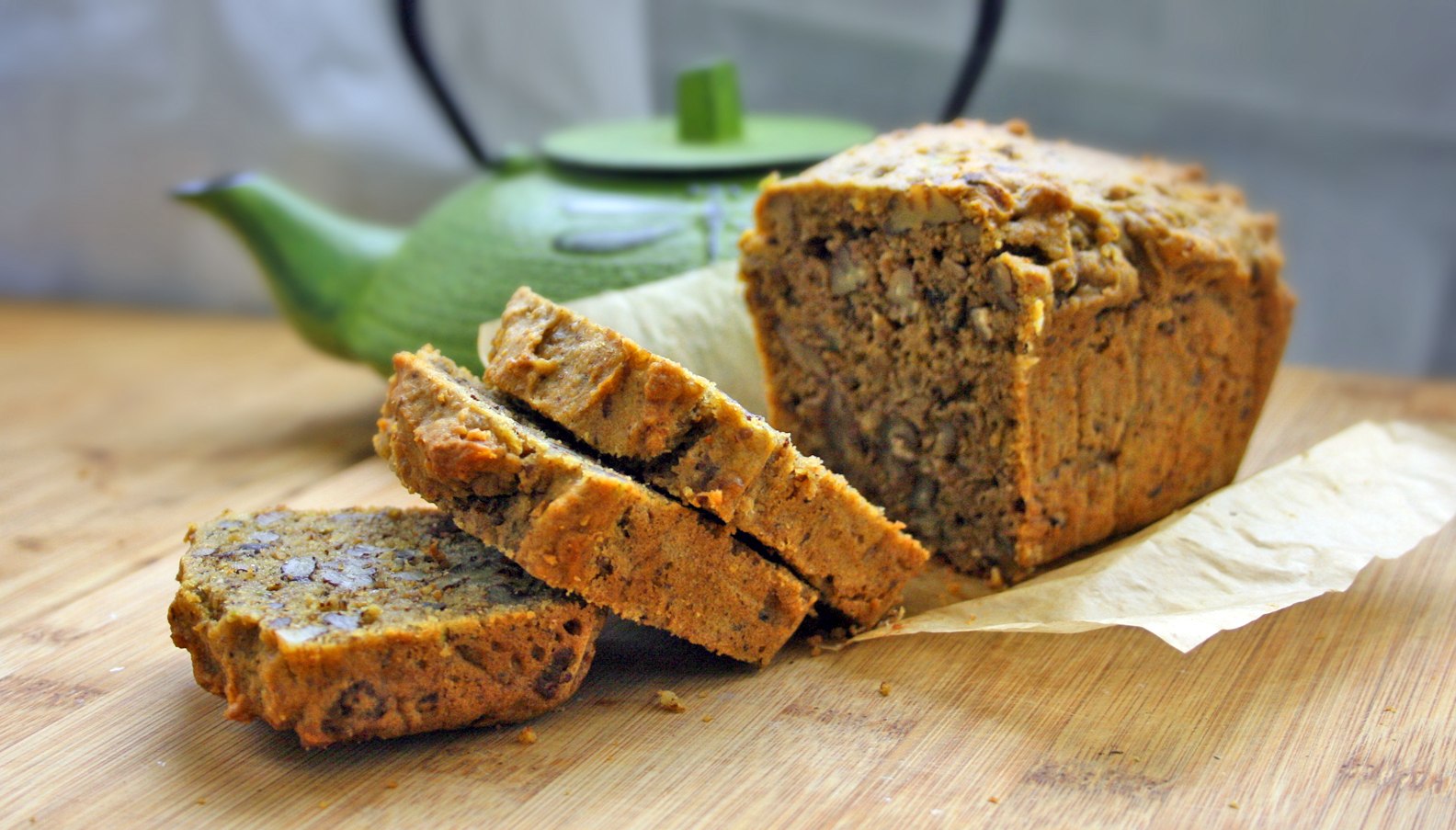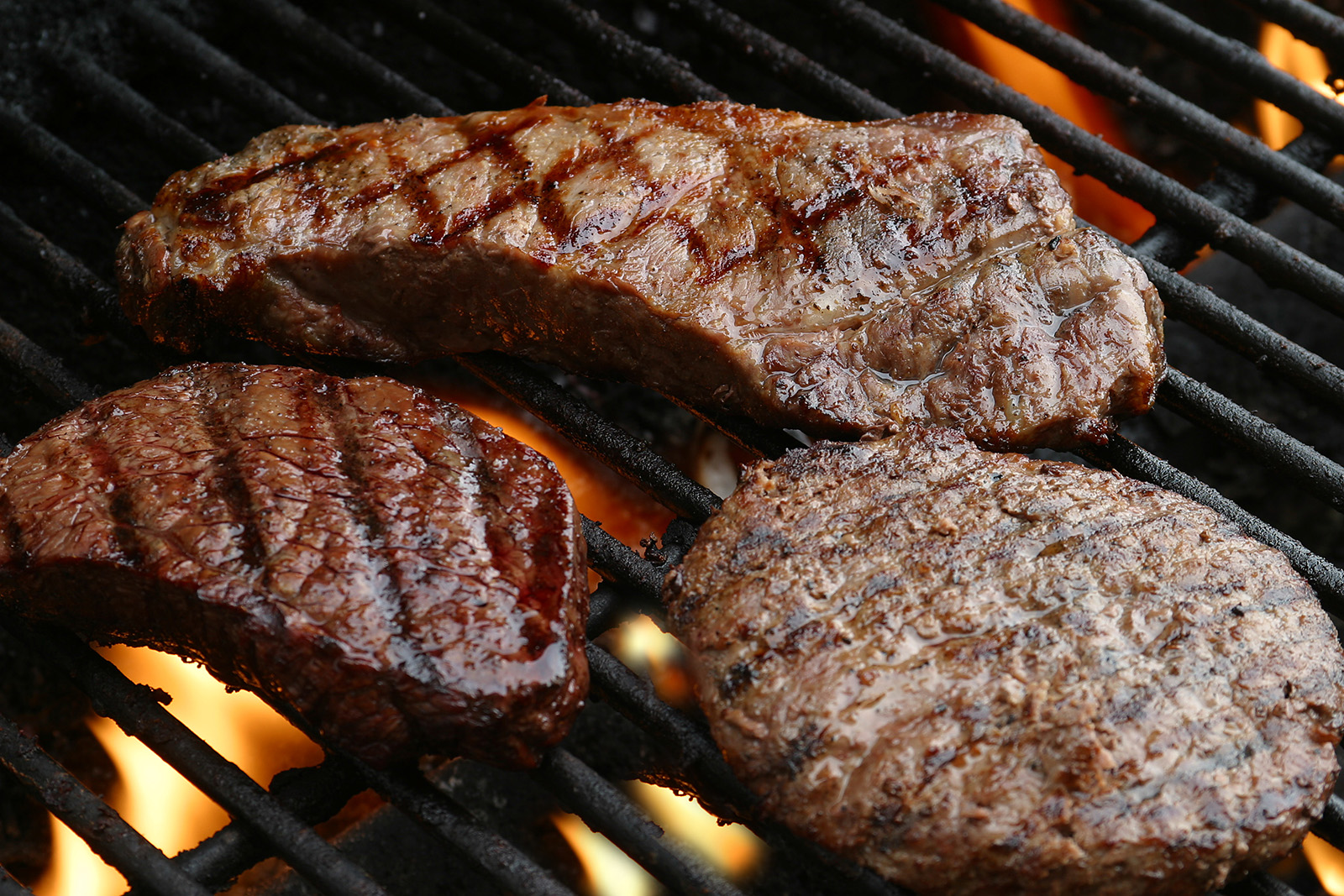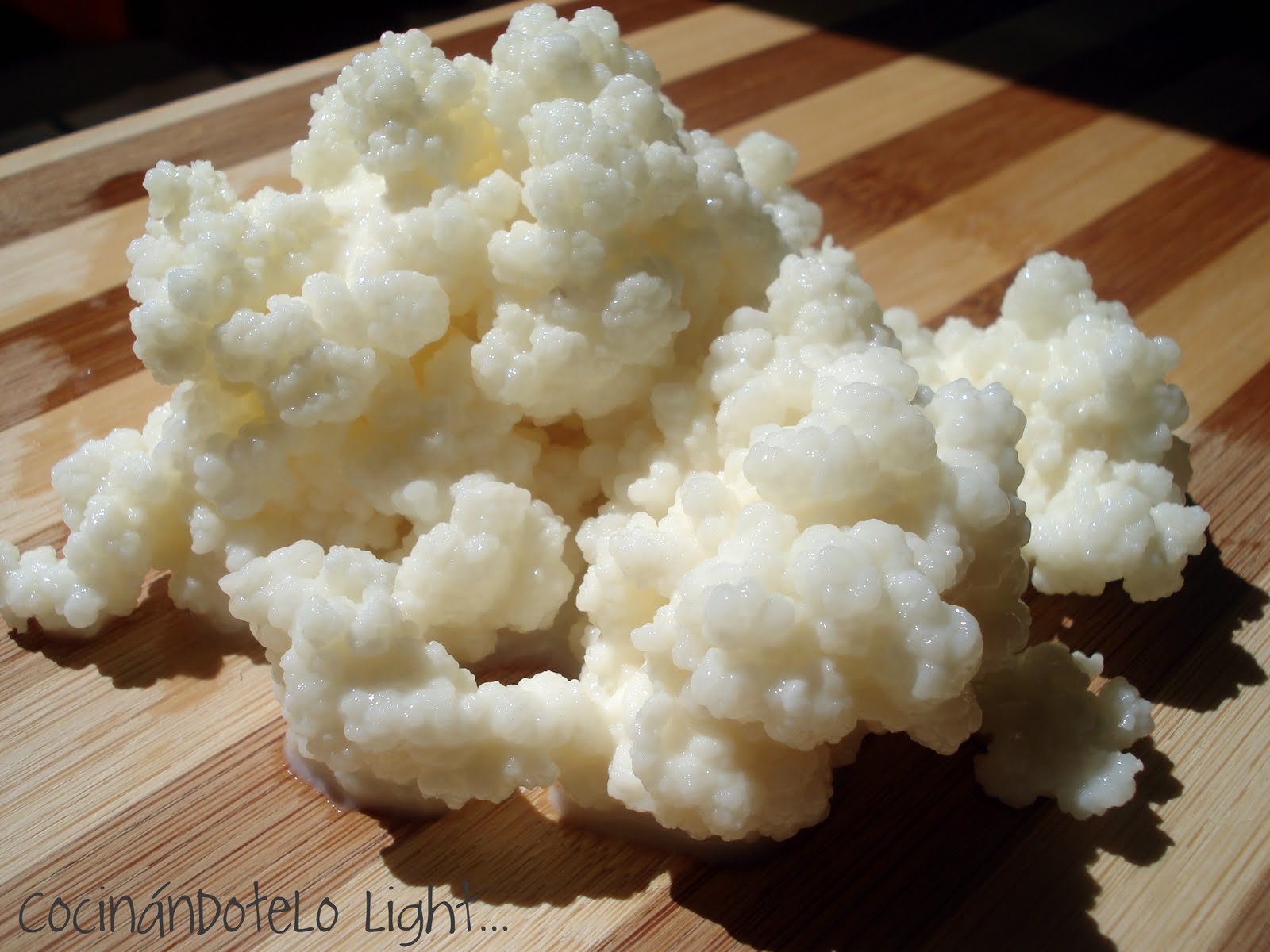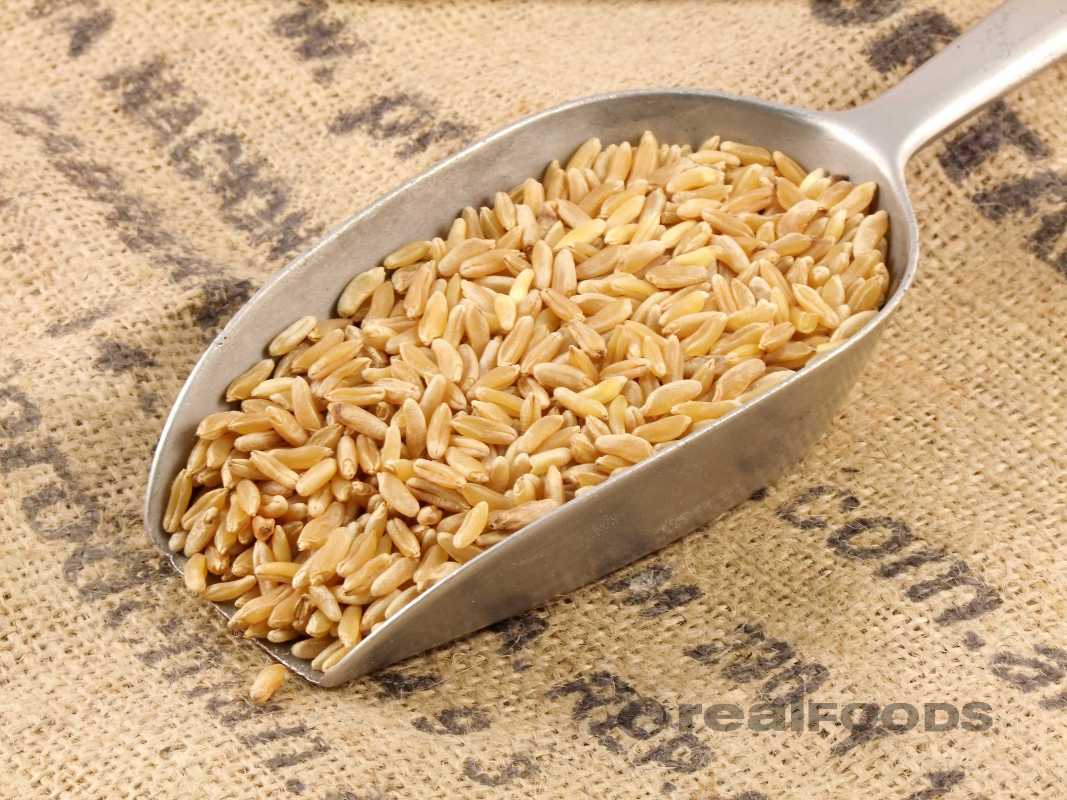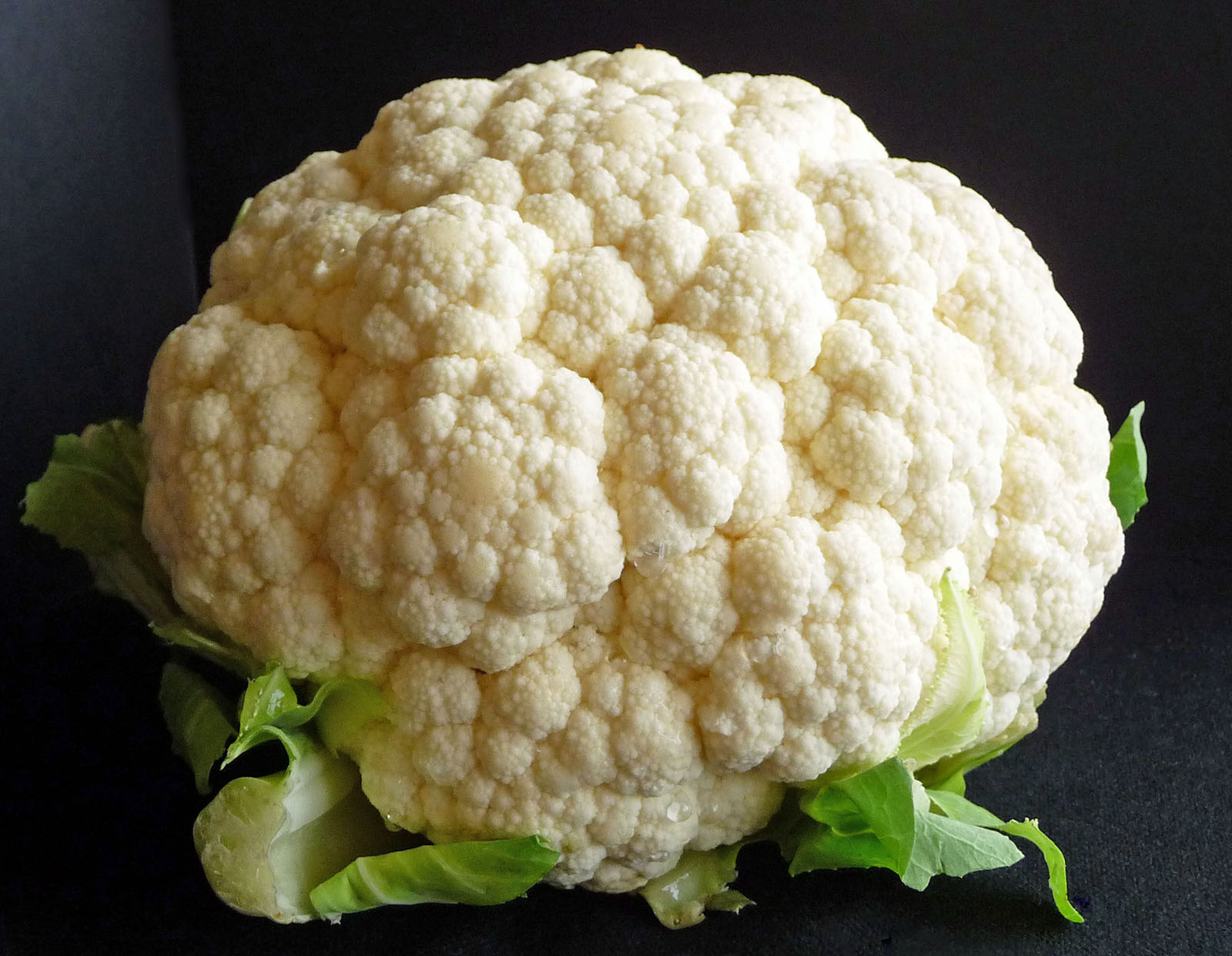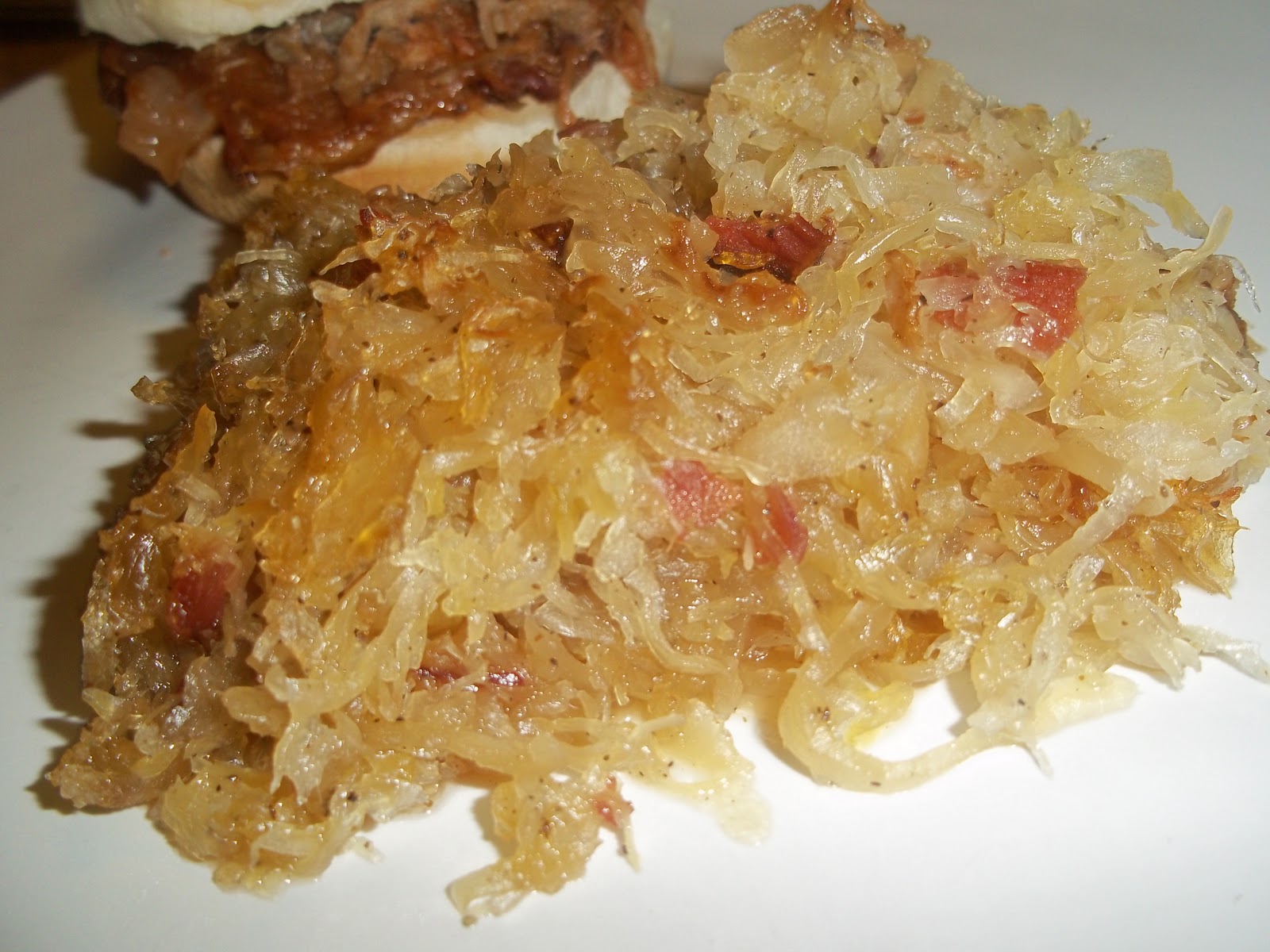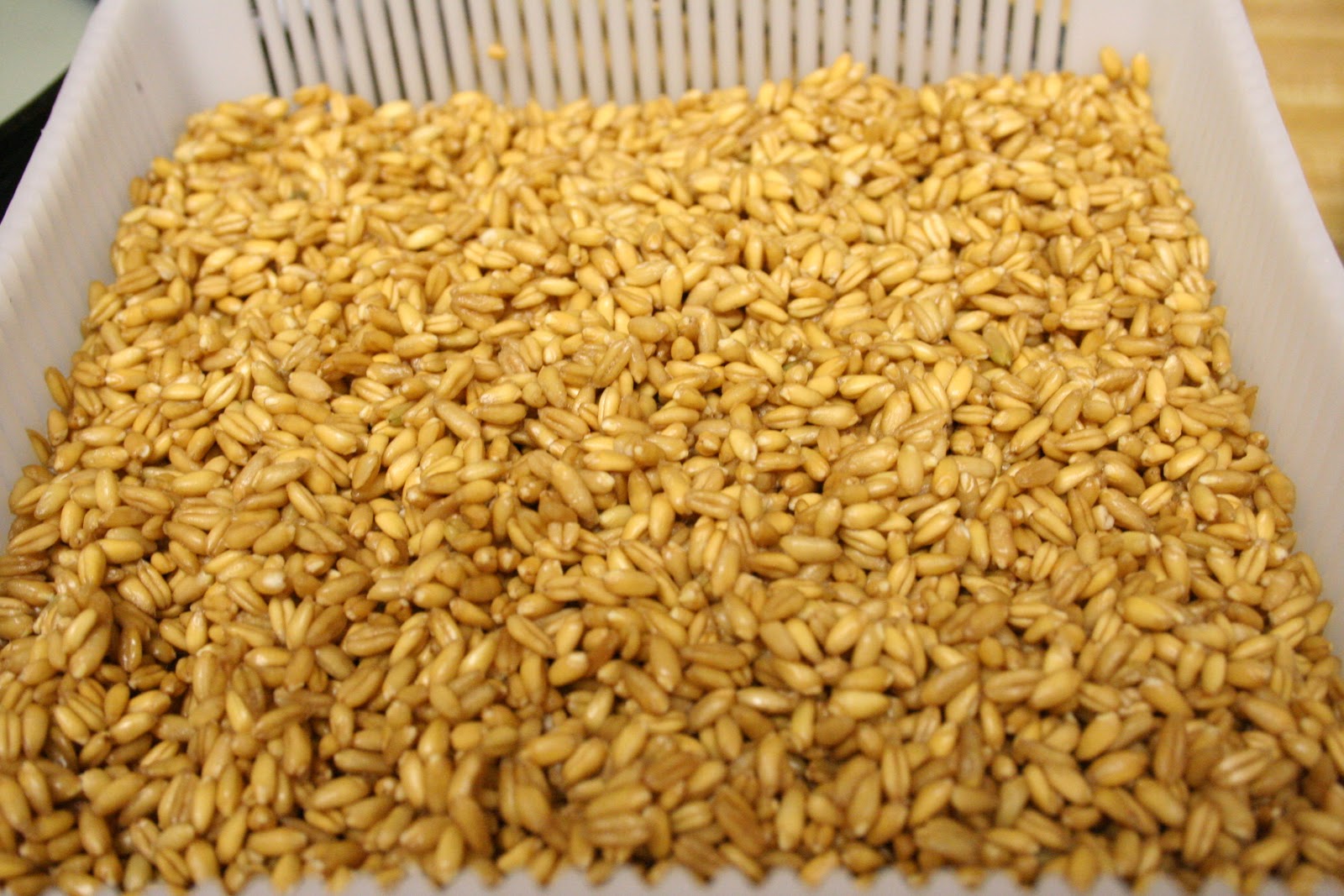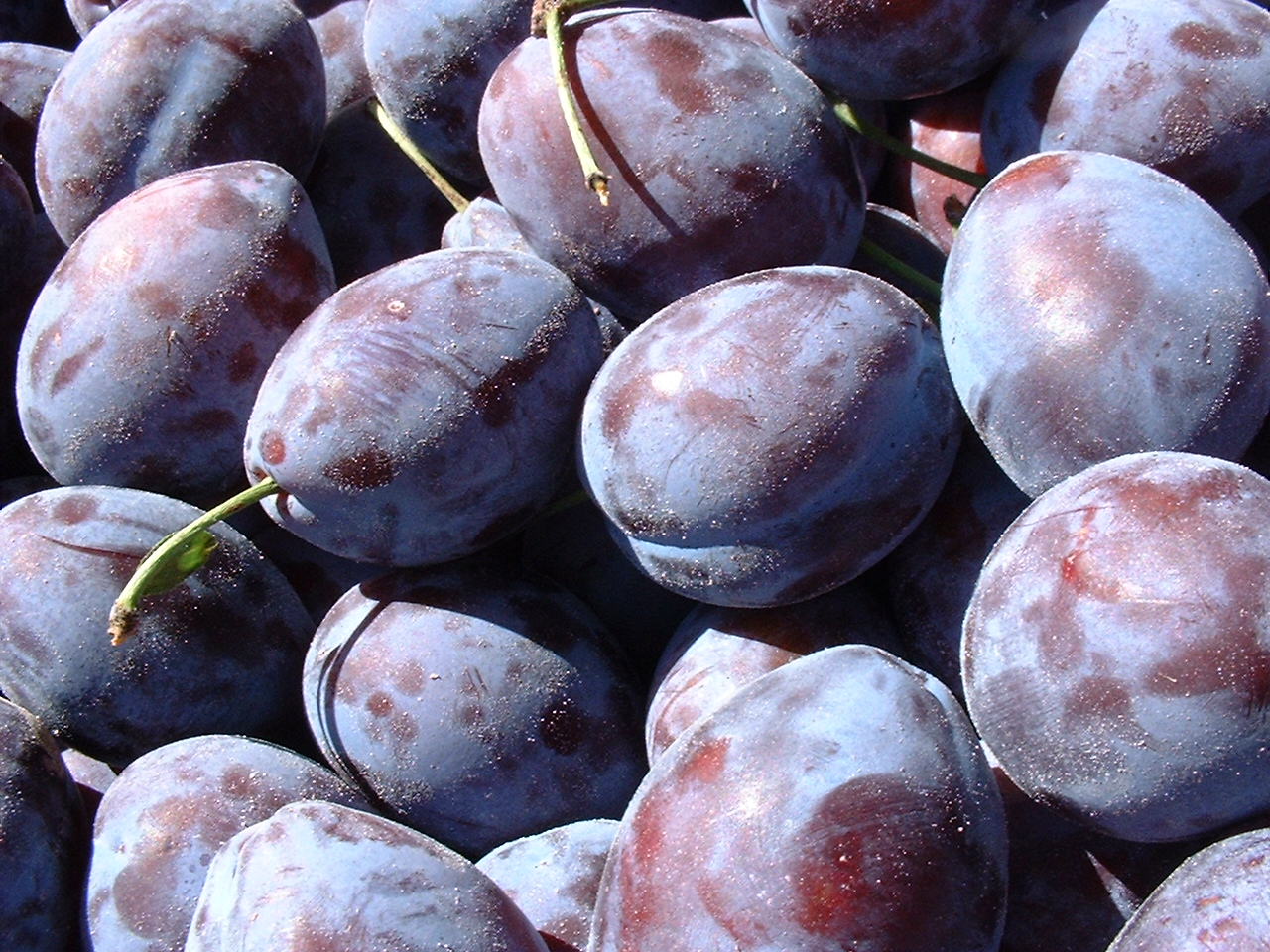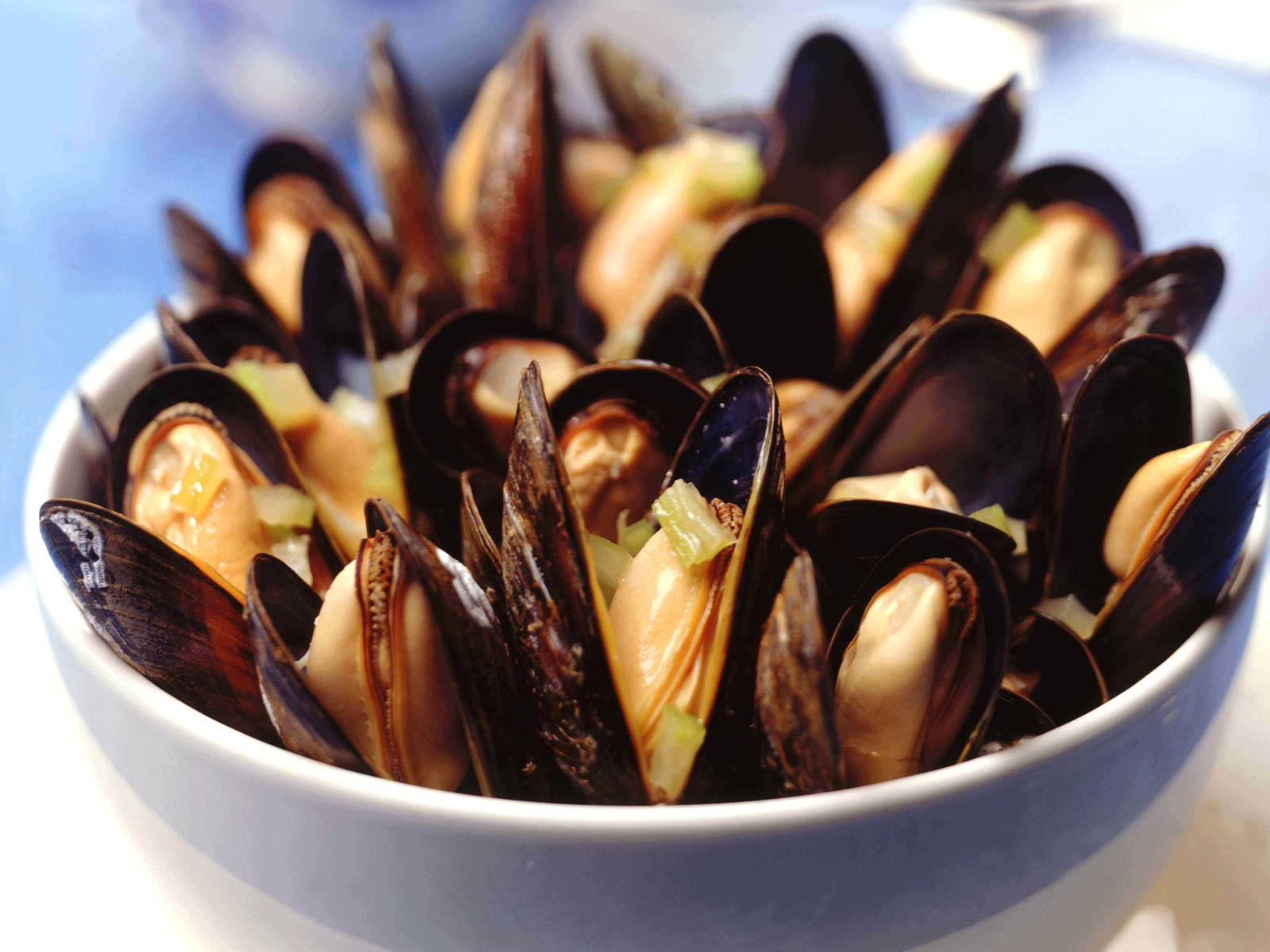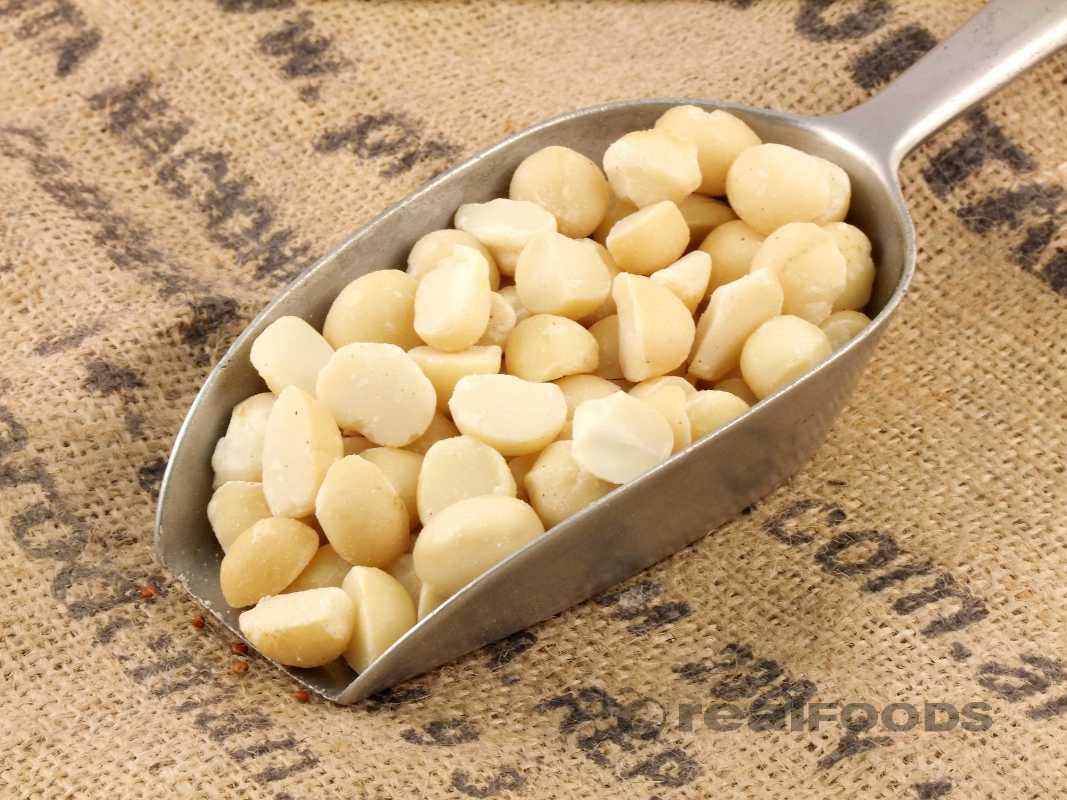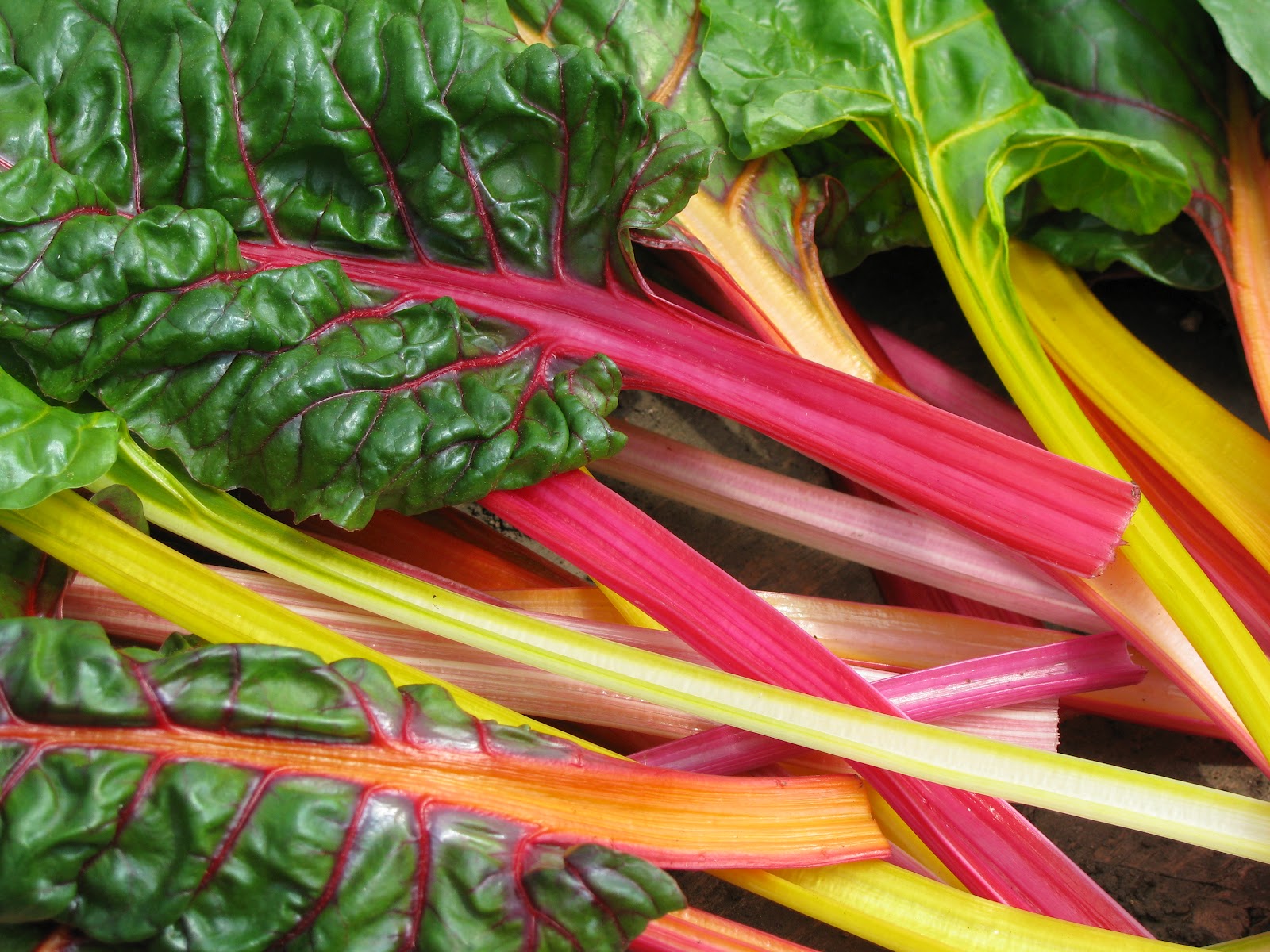by Adam Baer, Michael Roussell, PH.D. and Adina Steiman
ALSO ON THE TRENT: 20 Foods With Superpowers You Should Eat Every Day [LOOK]
ALSO ON THE TRENT: 20 Foods With Superpowers You Should Eat Every Day – Part 2 [LOOK]
Bison
Immunity Booster
Beef’s leaner cousin has less than half the total fat while still packing essential nutrients, like zinc, selenium, and B vitamins, needed for optimal testosterone production, immune function, and energy.
TIP: For maximum juiciness, pick well-marbled cuts like bone-in ribeye, and don’t cook bison beyond medium doneness. Or swap in ground bison instead of ground beef or turkey in chili or meat sauce.
Kefir
Immunity Booster
This fermented milk packs a 2:3 ratio of protein to carbohydrates. Once in your digestive tract, it acts as a fertilizer, dumping billions of bacteria that benefit your heart, digestion, and immune system.
TIP: Use it instead of yogurt in smoothies and milk on cereal; and swirl it into savory soups and chili for a tart flavor blast.
Kamut
Heart Helper
This heart-healthy, nutty-tasting whole grain yields almost double the nutrients of wheat, with 10 grams of protein and 7 grams of fiber in each cup. It’s rich in potassium, zinc, and antioxidants.
TIP: Try cooked kamut grains alongside stews or mixed with wilted spinach, crumbled cheese, and vinaigrette for a lunchtime salad. Hearty-tasting kamut pasta is especially good with robust, garlicky sauces.
Cauliflower
Immunity Booster
Although it’s in the cabbage family, think of it as “white broccoli”—nutritionally, that is. Cauliflower contains indole-3-carbinol, a compound that may help thwart cancer and repair your DNA.
TIP: Steam cauliflower until tender, then puree or mash with a bit of butter, salt, and pepper to make a tasty low-carb alternative to mashed potatoes. To make an easy soup, just thin out the puree with equal parts chicken broth and milk, and serve topped with crumbled bacon and chopped chives.
Sauerkraut
Immunity Booster
The fermentation concentrates the anticancer compounds found in cabbage, such as ascorbigen. Fermented foods are also rich in good bacteria that help your digestive tract function optimally.
TIP: For a fast slaw that softens the bite of sauerkraut, combine it with grated carrot and freshly chopped parsley.
Sprouted Grains
Heart Helper
These grains have begun but not finished germinating. They can have triple the soluble fiber, a key to blood sugar control. Our favorite is sprouted rice: Find it at health food stores or vitacost.com.
TIP: Seek out sprouted rice (also called “germinated rice”) from natural foods stores, or online at vitacost.com. To boost its flavor, simmer it with low-sodium chicken broth instead of plain water, and finish with a handful of chopped scallion and a dash of freshly ground pepper.
Prunes
Heart Helper
The combination of fiber and carbs in dried plums can prevent blood sugar swings. A study from UC Davis suggests that prunes may also help reduce blood levels of LDL (bad) cholesterol.
TIP: Chop up and add to oatmeal, whole-grain cereal, smoothies, or yogurt, or add to your next beef or chicken stew for a dose of sweet-sour flavor.
Mussels
Muscle Emhancer
Affordable, sustainable, and protein-rich at about 20 grams per serving, mussels are muscle chow. They also deliver vitamins B12 and C, iron, and magnesium, all of which can help you recover from exercise.
TIP: Steam mussels in a cup of white wine with a couple of cloves of chopped garlic until they all open, then sprinkle them with chopped parsley and serve with grilled bread.
Macadamia Nuts
Heart Helper
With a serving yielding 17 grams of monounsaturated fat (the heart-healthiest kind), these marbles steamroll almonds and walnuts in good-fat content. Pair them with dark chocolate for a supersnack.
TIP: For a nutty, crispy coating for chicken breast or white fish fillets, dip them in beaten egg, then dredge in finely chopped macadamias and panfry. Or enjoy macadamias as a snack along with a square of dark chocolate or a small handful of dried fruit.
Chard
Heart Helper
Cook up a cup for more than four times your recommended intake of vitamin K, which can help slow arterial calcification. Vitamin K is fat soluble, so sauté your chard in olive oil for the best absorption.
TIP: Divide and conquer: Strip the chard leaves off the ribs, chop up both, and start sautéing the ribs first before adding the leaves (the ribs take longer to cook).

